The Struggle for Syria in 2011
December 14, 2011 - Joseph HollidayThis paper provides context for understanding the cycles of violence in Syria.
This paper provides context for understanding the cycles of violence in Syria.

Recently Iraqi Prime Minister Nouri al-Maliki commenced in a wide-scale campaign to purge hundreds of former members of the Ba’ath party from Iraq’s security apparatus.
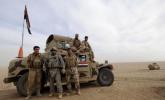
Prime Minister Nouri al-Maliki’s meeting with President Obama is supposed to be an occasion to declare the successful end of the war in Iraq...Read More
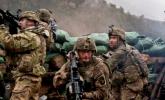
In the debate over how to plan for the U.S. exit from Afghanistan, a new argument has surfaced about who, exactly, American forces should be fighting.
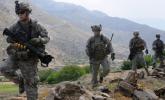
As relations between the U.S. and Pakistan continue to spiral downwards, Pakistan may be looking to build a new friendship instead of repairing an old one.

"Iran’s public statements reflect a desire to partner with Gulf Cooperation Council (GCC) neighbors in the maritime domain, arguing that Iran is a more credible partner than Western nations, which it believes are responsible for the instability in the region. Iranian officials have conducted an extensive outreach campaign to make this case to those countries that may be amenable to Iran’s influence."
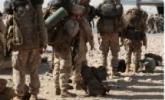
On October 21, 2011, President Barack Obama announced his decision to withdraw all of the remaining 39,000 U.S. forces from Iraq by the end of the year.
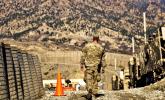
Every year, for the past several years, the Taliban’s senior leader, Mullah Omar, has issued a statement to the Afghan people commemorating the holiday.

This Iraq ORBAT from December 2009 to November 2011 describes the location and area of responsibility of all Multi-National Force-Iraq units, down to the battalion level updated as of November 2011.
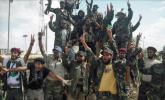
This report is the final installment of a four-part series on the revolution in Libya. Part Four: The Tide Turns details the final rebel offensives and the challenges the new government faces.